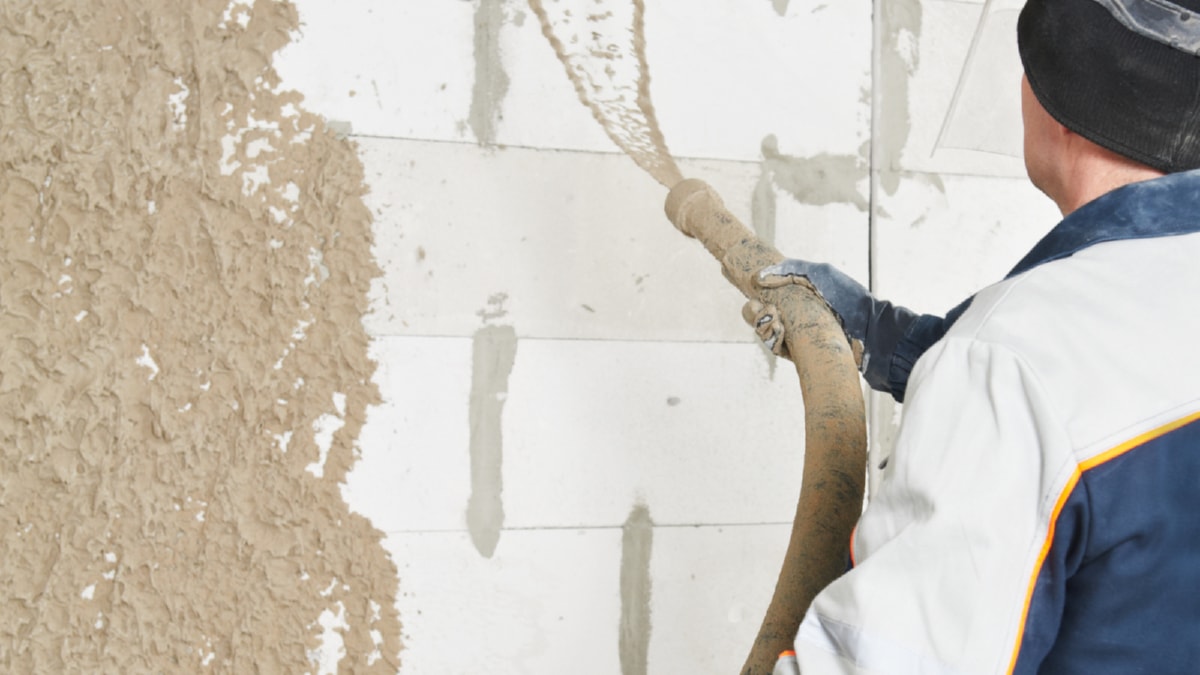Selecting the appropriate construction machinery is an integral part of any construction project. The right equipment can increase productivity, shorten project timelines, and cut down on expenses. There are several factors to consider when selecting construction equipment, including the nature of the project, budget, and the technical specifications of the equipment.
The first step is to understand the nature of the project. Different projects require different types of equipment. For instance, a skyscraper project would require cranes, while a road construction project would require pavers and compactors. It’s also important to consider the project location. Urban construction projects may require smaller, more maneuverable equipment, while rural projects may have more space for larger machinery.
The second factor to consider is the budget. Construction equipment can be costly, so it’s important to balance the cost of the equipment against its efficiency and productivity. Leasing equipment can often be a more cost-effective option for short-term projects, while purchasing may be more economical for long-term use.
The third factor to consider is the technical specifications of the equipment. It’s important to make sure the equipment has the necessary capabilities to perform the required tasks. This includes considering the power, size, and capacity of the equipment.
In conclusion, choosing the right construction equipment requires careful consideration of the project requirements, budget, and the technical specifications of the equipment. By considering these factors, construction companies can enhance efficiency, save time, and reduce costs.
Knowing the variety of construction materials is crucial in any construction project. Materials play a significant role in the durability, sustainability, and aesthetics of a building. Common construction materials include cement, metal, timber, and masonry.
Concrete is a versatile and durable material, often used in foundations, walls, and floors. Steel is strong and resilient, making it ideal for structures that need to withstand heavy loads. Wood offers aesthetic appeal and is often used in residential construction. Brick is a traditional material, known for its durability and insulating properties.
Each material has important its advantages and drawbacks. For instance, while concrete is durable, it can be susceptible to cracking. Steel is strong, but it can corrode if not properly treated. Wood is aesthetically pleasing, but it can be prone to pests and rot. Brick is durable, but it can be expensive.
Therefore, understanding the different types of construction materials allows for informed decisions when planning a construction project. By considering the strengths and weaknesses of each material, builders can choose the most appropriate materials for their project.
In conclusion, the construction industry is complex and varied. From choosing the right equipment to understanding the different types of construction materials, each aspect requires careful consideration. By understanding these aspects, construction professionals can ensure the success of their projects.
For more details, check best Asphalt Maintenance Services Quakertown or visit their Asphalt Maintenance business listing here.




